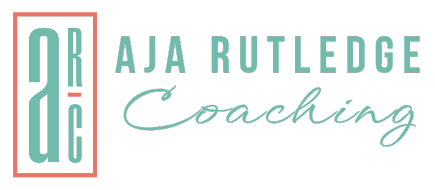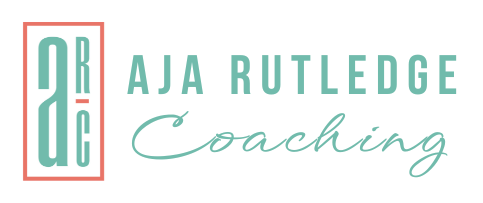
I talk a lot about trauma and I’m not sure people understand why. Many of us think trauma doesn’t impact us because we believe trauma to be huge things like plane crashes, kidnapping, living through natural disasters. We proceed like this even though we have been impacted by trauma. In this post, first I’m going to break down the difference between big “T” trauma and little “t” trauma. Then I will explain how trauma does impact our daily lives.
The types of trauma and what they look like:
Big “T” trauma and little “t” trauma, those are terms that help us understand the impact of different kinds of tough experiences.
Big “T” trauma is the heavy-duty stuff, like major life-shattering events. Think war, natural disasters, serious accidents, or things like physical or sexual abuse. These events are intense, and they can leave deep scars.
Now, little “t” trauma, on the other hand, is more about the everyday struggles. It’s like a series of smaller, chronic stressors, or even microaggressions. These can be just as harmful, but they don’t have the same immediate, life-altering impact. Little “t” traumas might include things like ongoing family dysfunction, discrimination, bullying, or emotional neglect.
The thing is, both big “T” and little “t” traumas can mess with your head and your emotions. They can affect how you see yourself, how you relate to others, and how you cope with stress. So, it’s important to recognize that trauma isn’t just about the major stuff. Even the little things can have a big impact on our well-being.
It’s essential to acknowledge and address both kinds of trauma.

The impact of trauma on daily life:
Unaddressed trauma can have a huge impact on our daily lives affecting parenting, work, relationships, and even our relationship with ourselves. It’s a lot to carry. Here are a few ways trauma can impact your daily life.
Parenting:
Unaddressed trauma can trickle into our parenting. If we’re constantly dealing with past hurts or microaggressions, it can make us more irritable or less patient with our kids. We might pass on some of that unresolved pain to them unintentionally. It may cause us to lash out at them when they hit on something that triggers us. We may not see them clearly or we may direct their life through controlling, our own fears, being closed and more. This has nothing to do with our children and everything to do with us. It’s vital for us to heal so we can create a safe and nurturing environment for our children.
Work:
Unresolved trauma can make it even harder to navigate. It might affect our self-confidence, making it challenging to assert ourselves. We could be constantly second-guessing if our achievements are “enough.” We could regress at work, playing small (like a child), even though you don’t present that way in other spaces. Finally, The workplace can be a minefield of micro-aggressions. All of this can hinder our professional growth and limit our career opportunities.
Relationships:
Unaddressed trauma can affect our relationships in various ways. We might have trust issues, difficulty in forming deep connections, or fear of vulnerability. It can also lead to patterns of unhealthy relationships because we might not believe we deserve better, we are acting out of a “stuck” age, and even have unhealthy attachment patterns that are keeping us from forming healthy relationships.
Self:
Our relationship with ourselves is the foundation for everything. Unaddressed trauma often means we don’t fully love and accept ourselves. We may carry feelings of unworthiness or self-doubt, which affects our self-esteem. It’s a cycle that can keep us stuck.
Intergenerational Impact:
Unaddressed trauma doesn’t just affect us but can get passed down through generations. Our children can inherit our unresolved pain, which also means you’ve inherited your ancestors (living and passed on) unresolved trauma. So, by healing ourselves, we’re also creating a healthier legacy for them. By healing the trauma we’re also creating a healthier body which reduces our chances of physical illness as we age.
Micro-aggressions:
We all know these; those subtle, daily slights are like tiny cuts that can accumulate over time. They can bring up old wounds or create new ones. Unaddressed, they can lead to a constant undercurrent of stress, making it difficult to find peace in our daily lives.
If you’re honest, how much of this do you deal with on a day-to-day basis? It’s hard; I won’t lie. But it’s impacting our health, our happiness, our kids, our career, our relationships. All of us are in different places with this but I bet everyone is affected by something. When we know what we are dealing with, we are more able to address it.
If you find that some of the ways trauma impacts your daily life happen to you regularly and you’re ready to make a change, consider trauma recovery coaching. It is a safe space for you to discuss what is going on in your life and guide you in ways to move forward in a healthy way.


